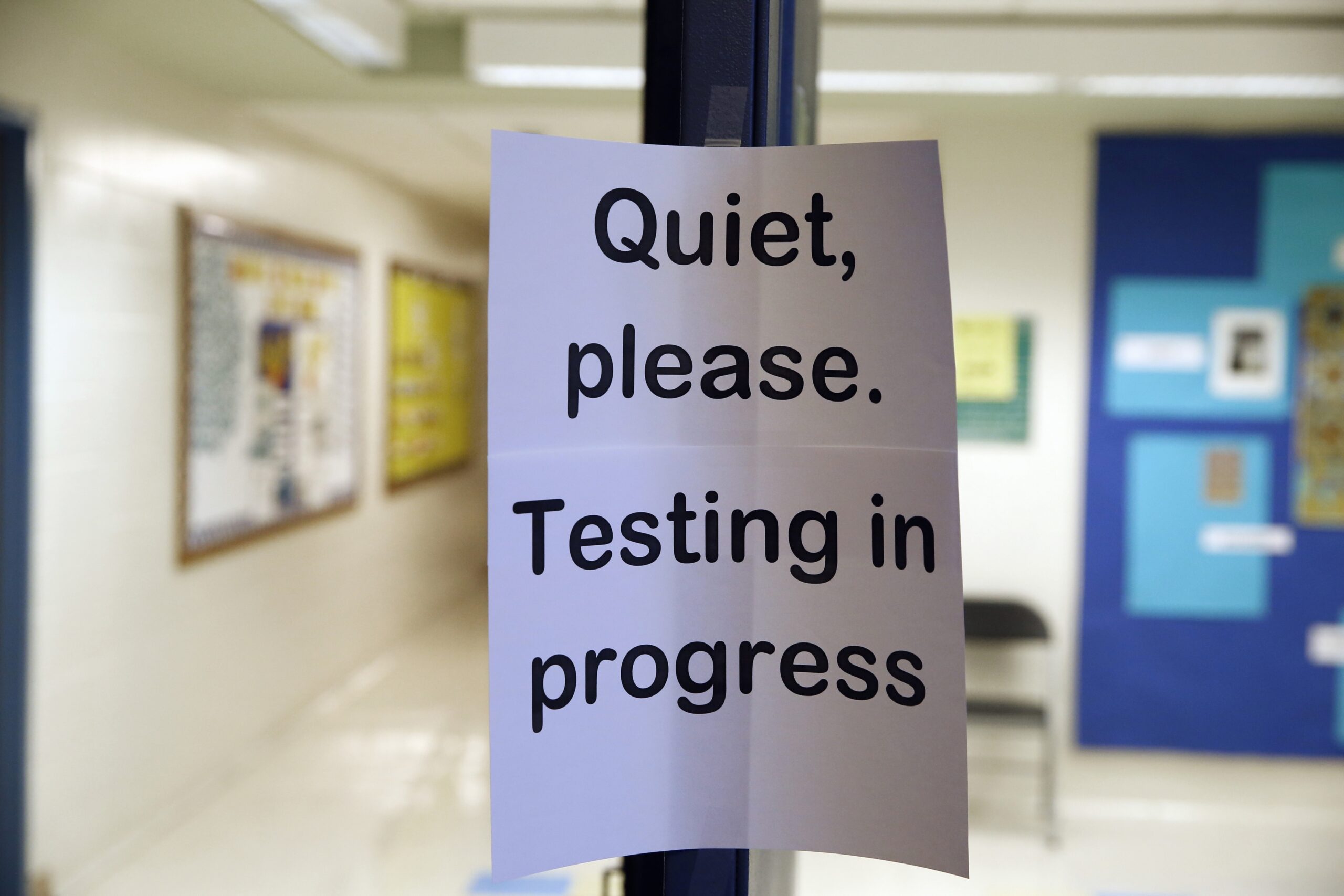Changes to UW System admissions processes, including lifting standardized test requirements for applicants at the University of Wisconsin-Madison, led to more submissions, but preliminary research suggests going “test-optional” hasn’t increased the diversity of the applicant pool.
Prior to the COVID-19 pandemic, applicants to state universities were required to submit standardized test scores, such as the ACT. In 2020, the UW System Board of Regents temporarily paused the requirement amid restrictions on public gatherings aimed at slowing the spread of COVID-19. Applicants could still submit ACT scores if they wanted.
In December 2021, regents extended what it called a “test-optional” policy through the end of the 2024-25 academic year. At the same time, the board directed the UW System Office of Academic and Student Affairs to study the potential impacts of lifting the requirement. State law requires all Wisconsin high school juniors take the ACT.
News with a little more humanity
WPR’s “Wisconsin Today” newsletter keeps you connected to the state you love without feeling overwhelmed. No paywall. No agenda. No corporate filter.
Early results from UW-Madison show making the ACT optional didn’t lead to substantial changes in applicant characteristics, Ben Passmore, associate vice president for the Office of Policy Analysis and Research, told the board during a Thursday presentation.
“It did not, at least at the first pass, seem to enhance the number of underrepresented minority students or low-income students, or the like, in that pool,” Passmore said.
The study also found a majority of UW-Madison applicants submitted ACT scores despite not having to. Those who did “were less likely to be female, Black, Hispanic, Pell-eligible, first generation, and more likely to come from higher-income neighborhoods and have higher high school GPA’s,” according to the findings presented to the board.
“So, these students who are submitting the score are the students who have been overrepresented in the pool,” Passmore said.
The preliminary findings went beyond UW-Madison and also show that among the state’s 12 other universities, ACT performance corresponded with slightly better performance among college freshmen. For example, data show a 1 percent increase in ACT scores resulted in a 2 percent increase in the freshmen grade point averages.
“There does seem to be continued predictive power in the student success in terms of GPA, in terms of retention and the like,” Passmore said.
Passmore emphasized that measuring impacts from the test-optional policy was dramatically more difficult than expected. He said that’s because while the ACT requirement was lifted, other policy changes like waiving application fees at most system campuses and simplifying the application process has substantially increased the number of applications to system schools.
Calls to lift ACT or SAT requirements for college applicants were growing prior to the pandemic.
Supporters of the change have said that doing so will increase diversity on campuses. But, the system data showing little impact on diversifying the applicant pools is similar to national research showing the share of Black, Latinx and Native students only increased 1 percent at 100 colleges when test scores weren’t required.
During Thursday’s regents meeting, some board members voiced concerns over whether students who don’t submit ACT scores might be ineligible for some scholarships or grants.
Regent Michael Grebe voiced frustration about system schools still being test-optional even though ACT testing is again available to high school students.
“It feels a little like we’ve changed the default,” Grebe said.
The system’s final report on the test-optional policy will be presented in April 2024.
Wisconsin Public Radio, © Copyright 2025, Board of Regents of the University of Wisconsin System and Wisconsin Educational Communications Board.







